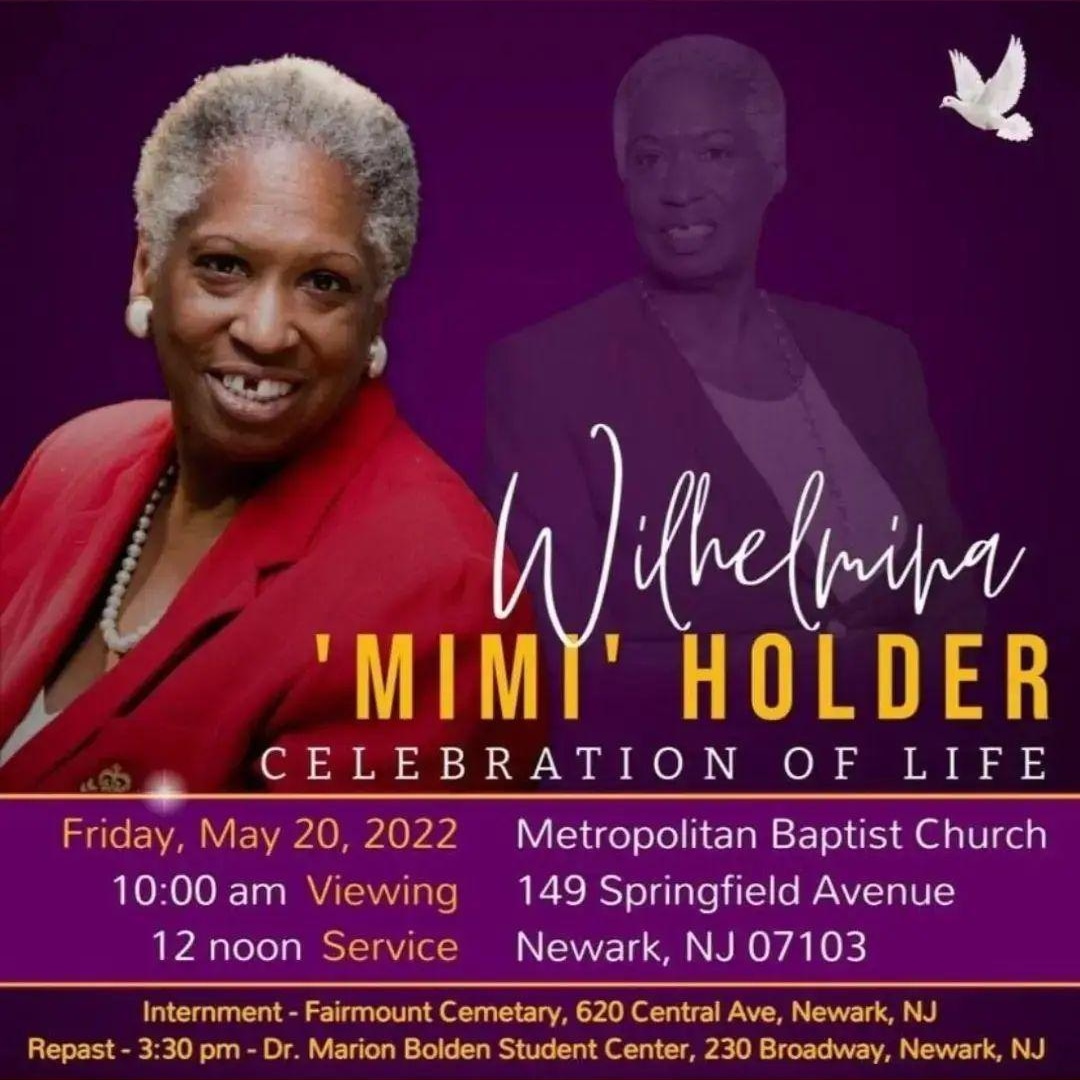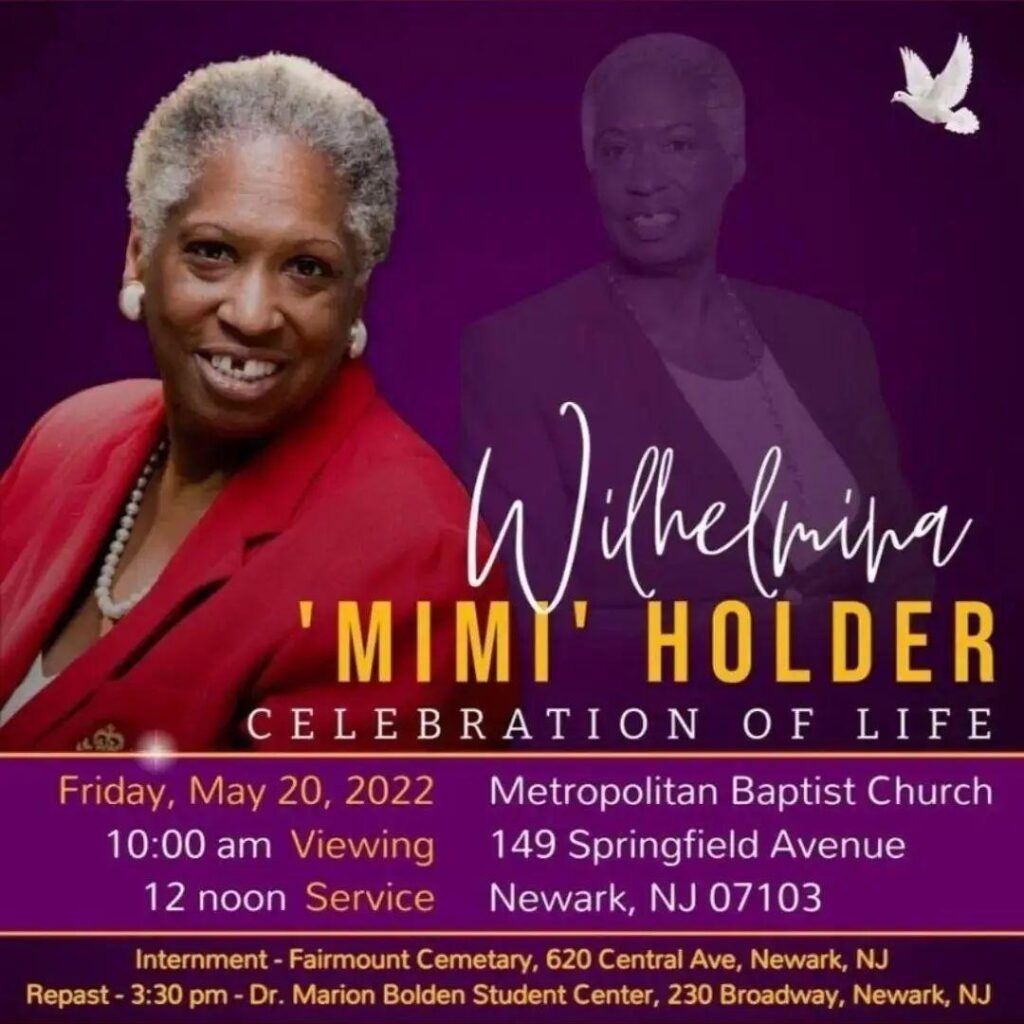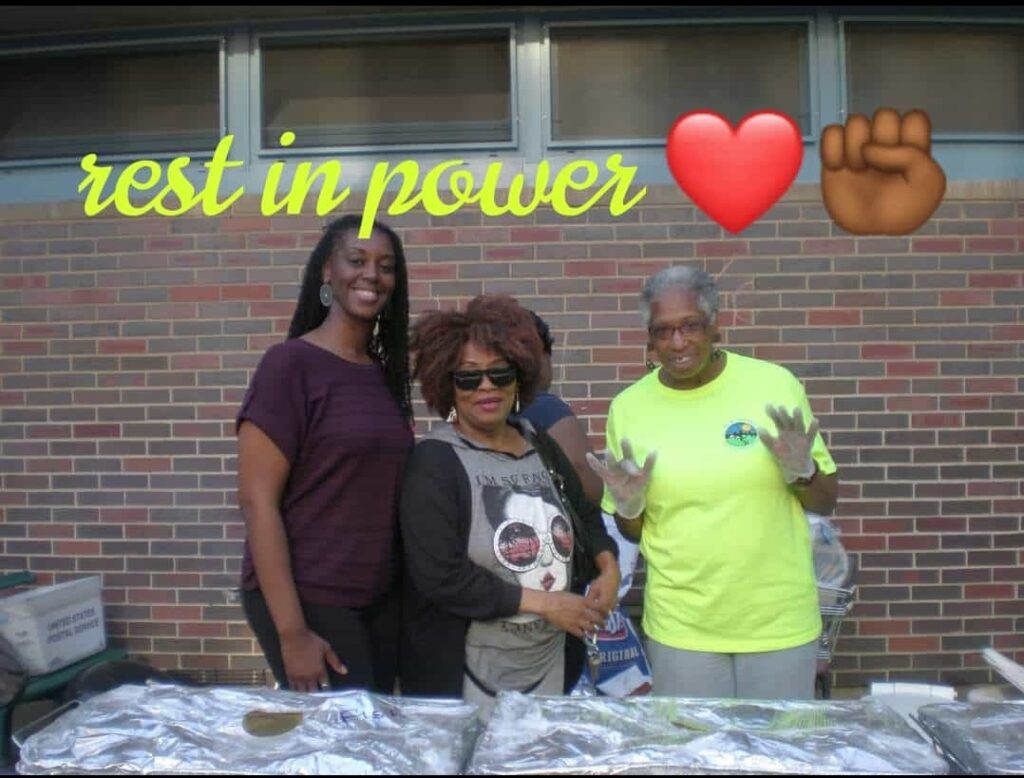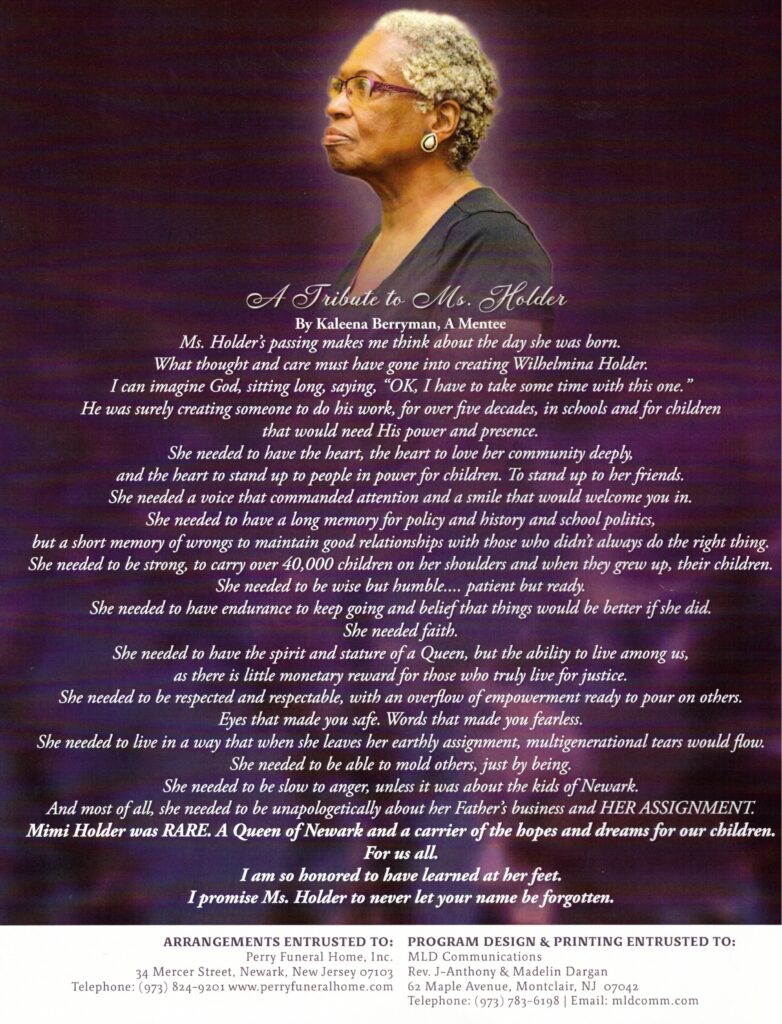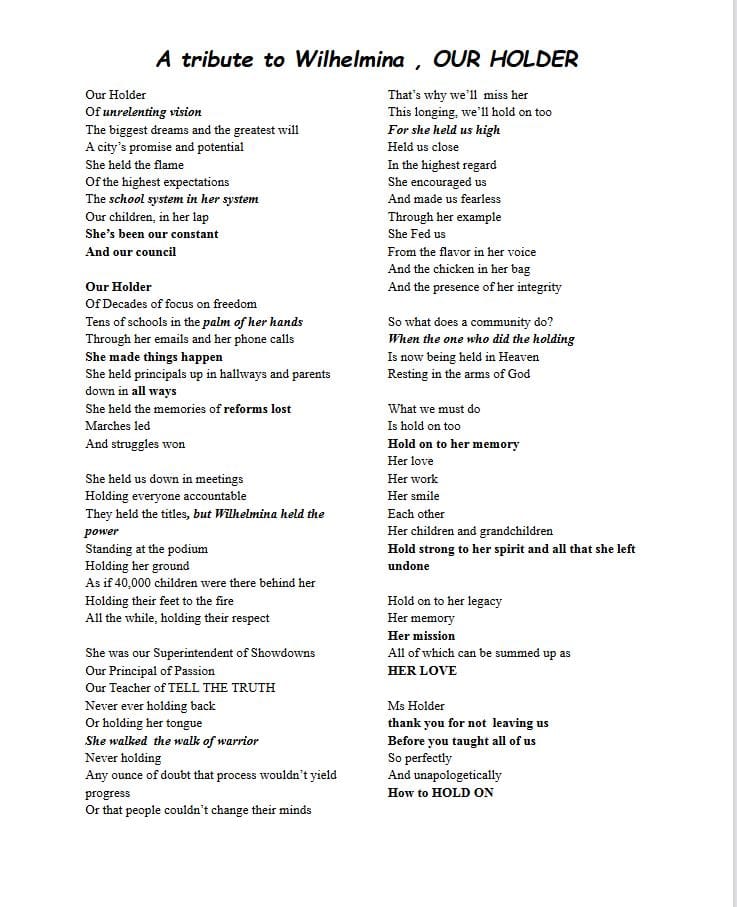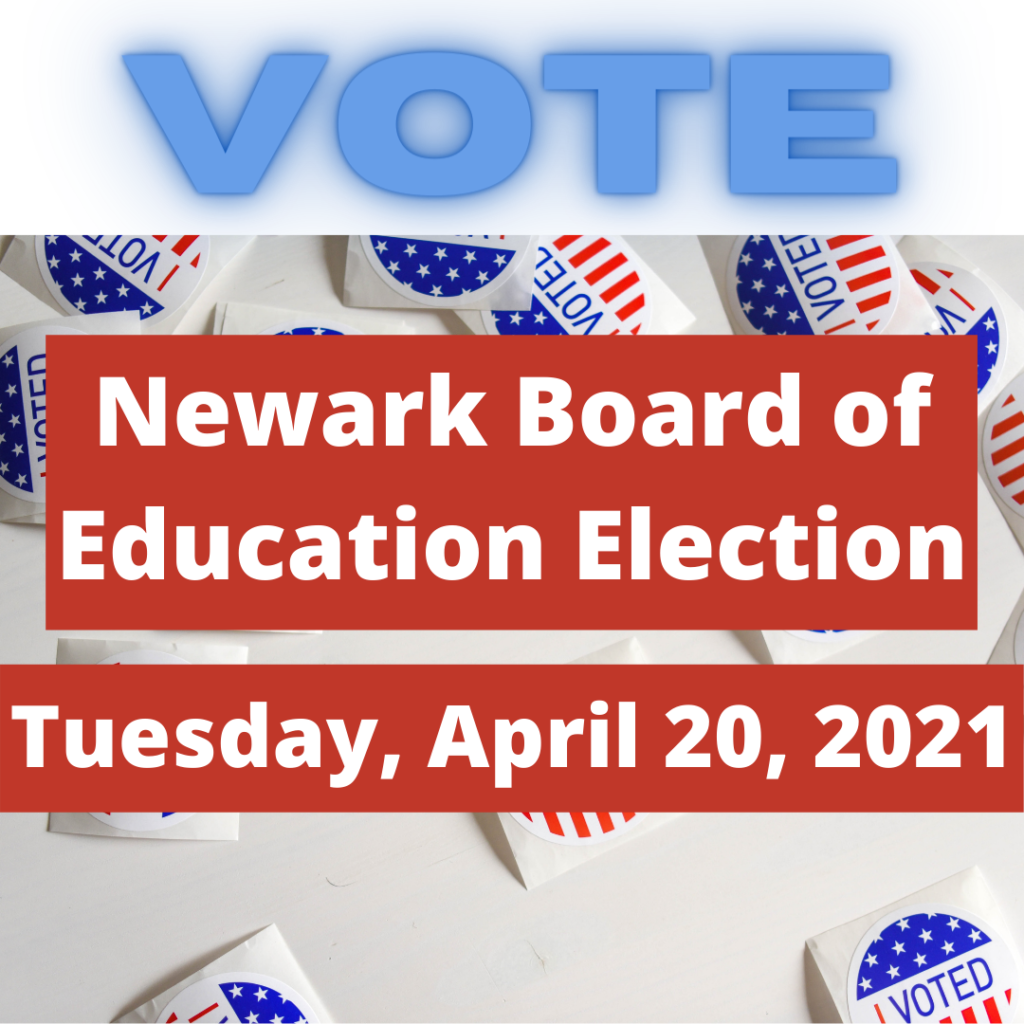“There was a time where my presence would not have been welcomed in different environments. And I acknowledge that and I embrace the advances that our society has made and will continue to make.”
–Acting Education Commissioner Dr. Angelica Allen-McMillan, Black woman
(State Board of Education Meeting, March 1, 2023)
Dear Members of the NJ State Board of Education,
You all are currently considering the readoption of the state’s policy on education equity, formally known as New Jersey Administrative Code (NJAC) 6A:7 Managing for Equality and Equity in Education. First adopted in 2003, it is up for its third readoption.
Assistant Commissioner Dr. Christopher Irving of the Division of Field Support and Services in the NJ Department of Education (DOE) and his team have presented you with many proposed amendments and repeals over the last several months. The proposed amended definition of “equity” speaks to the elimination of disparate educational outcomes of NJ’s public school students through a focus on changing structural conditions to create and ensure opportunities for all students:
“Equity” means [when] all [groups of] students have the opportunity to master the goals of the curriculum [to approximately the same degree] in an educational environment that is fair, just, and impartial to all individuals. Equity focuses on [students’] consistent and systematic access for all students to [knowledge] curriculum, resources, instruction, and environments that sustain opportunities for excellent outcomes.
The roles of both the DOE and State Board of Education (SBOE) are to create structures so that localized solutions and practices can be shaped according to what the State deems as a “thorough and efficient system of free public schools.” Judged by these terms, this amended definition is stronger. All other proposed amendments and repeals should flow from this definition. They do not.
Of the numerous proposals that are inconsistent with this amended definition, I focus here on the DOE’s continued use of the term “achievement gap” as well as the way DOE staff crudely define the newly added term “opportunity gap.” My comments elucidate how centering achievement gaps perpetuates existing inequities and how achievement gap discourse (Center for Education Policy Research, 2020) is antithetical to equity. The work of achieving equity is not work done in neutrality; a liberal approach just will not do.
A Discussion of Inputs and Outputs: Getting It Right
I concur with professor emerita of education Dr. Gloria Ladson-Billings (2006) that an “all-out focus on the ‘Achievement Gap’ moves us toward short-term solutions that are unlikely to address the long-term underlying problem” (p. 4). So I applaud the DOE’s addition of the term “opportunity gap” as this act seemingly reorients the DOE’s approach to public education.
Furthermore, urban teacher educator scholar Dr. H. Richard Milner (2012) poses a most important question: “…should we expand our emphases from an achievement gap problem to an opportunity gap problem that inherently places attention on educational practices and processes?” (p. 697). At Second Discussion, the DOE made it clear that the response to this question is “yes” as demonstrated in the Agency-initiated Changes section of the Comment/Response Form: “‘Opportunity gap’ represents inputs…. ‘Achievement gap’ represents the results…” (p. 39).
“Achievement Gap” No Longer Serves Our Purpose
Milner (2012) argues for a focus on inputs, namely educational practices and policies, in our quest for high academic and social achievement for all students. The outputs we seek are spoken to by vision and mission statements as well as strategic plans at the school, district, and state levels. It is our responsibility as educators to construct a set of experiences to foster these articulated outcomes. Achievement gap discourse forces a narrow focus on standardized test scores, one measure of student academic and social success. However, like how all learners will not follow the same trajectory after their formal primary and secondary education, they should not be expected to demonstrate proficiencies at the same markers.
Milner (2012) outlines many more problems with an achievement gap framework (p. 696):
- Undergirding issues that explain disparate educational outcomes among student groups go unchallenged;
- Whiteness stands as the norm and the supreme as we’re tacitly looking for Black, Indigenous, People of Color (BIPOC) to be like their White counterparts;
- Student, family, and educator deficits are the point of study rather than assets (which contradicts the DOE’s desire to reframe the code from an asset-based approach); and
- Individuals and student groups are interrogated rather than oppressive systems, structures, policies, and practices.
These problems have shown up throughout the public discussions on NJAC 6A:7 held over the last several months but possibly the clearest examples occurred at Proposal Level. All of the problems are represented in Vice President Andrew Mulvihill’s commentary on the DOE’s use of “equitable educational opportunities”:
…I’m not comfortable with blaming discrimination as the cause of the achievement gap…While certainly it’s a factor, there’s no doubt, I don’t think it’s the root cause in my estimation. And, I think it’s simply our failure to run good schools in areas that serve minorities. And, I’m just not comfortable being part of a document that pushes that narrative. And, I don’t know that if it’s intentional or if it’s just kind of a throwaway comment, but I’m not comfortable with that. We’ve seen the charter schools that serve minorities are outperforming the state average. We see that Asians, who are terribly discriminated against, actually score better than Whites on standardized tests, so blaming the achievement gap on discrimination as much as it does here, I’m just not comfortable. (State Board of Education Meeting, March 1, 2023)
Here, I’d like to highlight Mulvihill’s lack of making a distinction among the histories of different groups of minoritized peoples in this country, which furthers the argument why people of color often should not be lumped together. Even in his emphasis of Asians outperforming Whites, Mulvihill has been trained–like us all–to always speak of educational achievement in terms of how Whites perform. And though Board Member Arcelio Aponte also has demonstrated a problematic adherence to the term, the way he speaks to the “complexity” of the achievement gap acknowledges the different lived experiences:
Certainly, each community has its own history, its own challenges. And therefore we need to address them and ensure those communities are getting the resources they need to be successful. (State Board of Education Meeting, March 1, 2023)
When we do not interrogate the ways in which we make and discuss comparisons between racialized groups, we allow implicit bias to govern our beliefs about student achievement, particularly that White students’ achievement is the standard. In a continued thought, we also are not interrogating Whiteness itself– we don’t question how those identified as White have been able to be “successful.” Until we move away from this, until we truly reckon with the role institutionalized oppression and discrimination have played in the structuring of this country, until we receive that the ideology of White supremacy is embedded in our education system, we will continue to merely tinker toward utopia. However, a shift to speaking about education inequities–and enacting policy–in terms of “opportunity gaps” will open space for the confrontation of the socioeconomic disparities that result in educational disparities.
How We Define Orients Our Thinking
During Second Discussion, Assistant Commissioner Irving defined “asset-based” as “using language in the positive” and “having a growth mindset,” but then he and his team define both “opportunity gap” and “achievement gap” as being “a result of membership in one or more of the protected categories.” As written, the definition puts the onus on the individual, citing their membership in a marginalized group as the cause of their lack of opportunity and success. “As a result of” speaks to cultural deficit theories. Rather, the lack of opportunity and success should be written as a result of institutional racism, oppression, and other forms of discrimination; make these the actors, i.e., the responsible parties.
The explanation of the proposed amendments is better written than the definition itself and is in alignment with my suggestion:
The Department proposes a definition for “opportunity gap” to mean the difference in academic performance among student groups due to differences in opportunities [emphasis added] that include, at a minimum, experiences impacted by the protected categories listed at N.J.A.C. 6A:7-1.1(a). “Opportunity gap” is an asset-based term that is oriented toward equitable educational opportunities that are regulated by this chapter (First Discussion Summary Memo, pp. 5-6).
All in all, in the proposed readoption of NJAC 6A:7, the DOE’s considerations of the assets BIPOC and economically challenged students bring to school as well as multiple ways to measure achievement are perfunctory at best; the staff remain all too comfortable presenting these students’ shortcomings through speak of the achievement gap
Final Words
To conclude, we need to move from “intentions” to “intentionality.” The stakeholders called on to craft the proposed readoption of NJAC 6A:7 may be “experts in the field of educational equity;” however, they clearly don’t come from a critical approach but rather a liberal approach. It seems the only thing they had to offer was the addition of the “opportunity gap” terminology without an understanding of the implications this term brings for the code in its entirety.
Adding the phrase “fair, just, and impartial to all individuals” to the code’s definition of “equity” would seem to anchor the DOE’s commitment to identifying discrimination as the basis of education inequities. Nevertheless, while “achievement gap” may have served a purpose at one time, possibly through the data disaggregation mandate of No Child Left Behind, continuing to center it demonstrates the DOE’s attachment to a liberal approach to education that perpetuates institutionalized racism and other oppressions.
I, and others, are calling on you, members of the SBOE, not to waver but to take a clear stance on equity.
Yours in Justice,
Dr. Leah Z. Owens
References
Center for Education Policy Research. (2020, December 4). Achievement gap discourse has a downside. https://sdp.cepr.harvard.edu/blog/achievement-gap-discourse-has-downside
Ladson-Billings, G. (2006). From the achievement gap to the education debt: Understanding achievement in U.S. schools. Educational Researcher, 35(7), 3–12. https://doi.org/10.3102/0013189X035007003
Milner, IV, H. R. (2012). Beyond a test score: Explaining opportunity gaps in educational practice. Journal of Black Studies, 43(6), 693-718. https://doi.org/10.1177/0021934712442539
Leave a Comment